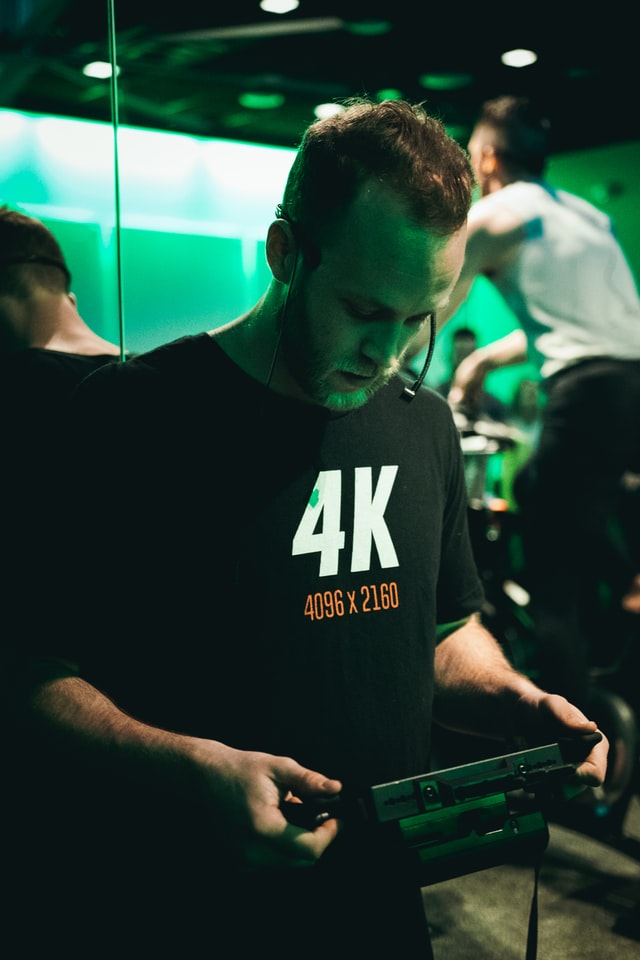There is a profession amongst the audiovisual world that is key in order for the productions to succeed in meeting both the director and client’s demands. And that is the Production Coordinator.
But what does exactly a Production Coordinator do? Coordinate? Obviously, they do coordinate teams participating in the production, amongst other things.
If you want to find out other responsibilities that this important role involves for any audiovisual production, keep reading.
your perfect production #
your perfect production #
your perfect production #
your perfect production #
your perfect production #
What is a production coordinator?
Sometimes we find young people who want to build a career in the audiovisual world but they do not know how to get into it.
Especially when they have studied courses or degrees that apparently have nothing to do with the media or audiovisual production.
Production Coordinators take care of administrative tasks within the production. They are in charge of organising all the human and technical resources that are necessary for the shooting. They support the financial part of the production too and the distribution of the product once it is finished.
Actually, with the exception of technical roles such as DOP or Gaffer that require specific training and some practical skills related to the equipment they use, there are a lot of essential roles within the structure of a production company that require abilities that one would not necessarily learn when studying a Media degree.
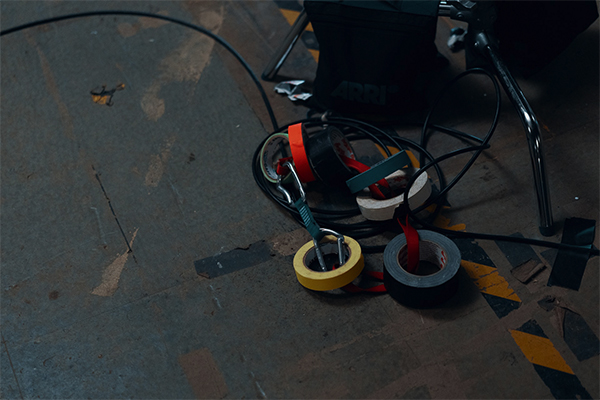
One of these roles is the Production Coordinator role. We can say that a Production Coordinator is a project manager specialised in audiovisual productions.
Generally speaking this person must be capable of designing projects and make sure that the rest of the team complete their tasks on time and within budget.
As we can see, this is a wide role description. More important than a series of specific knowledge, what is required of a Production Coordinator are a certain set of abilities that one can get from any other degrees or courses that might not be directly related to the media.
For example, if you studied Economics, Business Administration or Human Resources it is likely that you learnt to control a budget, organising stocks, updating databases, directing teams, negotiating agreements, managing time and resources, etc.
If you studied Journalism or Public Relations you will have developed your communications skills.
Fluency is key to communicate with the rest of the team in order to give them clear directions on the one hand, and with the clients so the exchange of information is smooth and transparent on the other hand.
If you come from a Marketing background you will know how to cope with the public, also in your writing, and adapting your style to any audience and situations.
You will also know how to promote your production company, increase the client’s database, build solid relationships, improve loyalty and plan events.
Even if you studied Law and you are a TV and cinema freak there is a place for you.
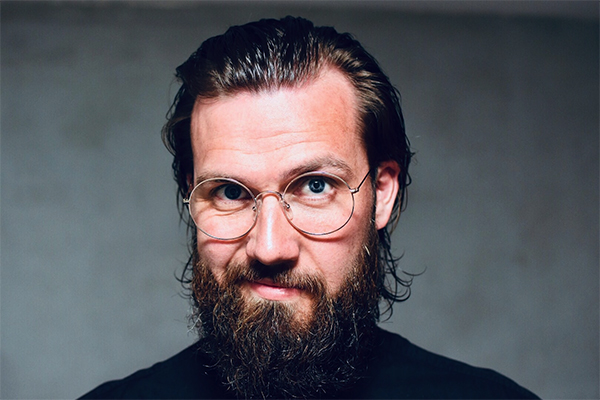
Big production companies have their own Legal Department that deals with issues unique in the audiovisual sector such as recruitment, data protection, copyright, plagiarism and media regulations.
As we have stated above, there are useful abilities for a Production Coordinator that you may have learnt from studying any degree, course or masters degree.
What does a production coordinator do?
So the job of a Production Coordinator consists of helping to make the shooting as smooth and professional as possible.
The job of a Production Coordinator for the most part happens during the production of the film, spot and any audiovisual job in general.
The job of a Production Coordinator includes facilitating the production calendar, budgets, hiring material, transport, locations, catering, invoicing, and to serve as a communication channel amongst the members of the team.
Some of the most common tasks for a production coordinator
- Acting as a contact point for the production team. The Production Coordinator informs the crew about when and where everyone needs to be. A call sheet including specific calls for every team is usually sent to all crew.
- Scheduling and transport. Production Coordinators monitor any changes in the schedule and organise transportation.
- Supervising the PAs. Production Coordinators pass on tasks to their PAs so they can work for the success of the production.
- Directing the production office. Production Coordinators help create an ideal workflow during the production:
- Request supplies and equipment for the production office and anyone in the team.
- Manage telephone numbers and emails.
- Work closely with Controllers to guarantee that all bills are paid.
- Help hiring new team members.
- Supervises the quality of the product during the production process.
- Administrate the production team so they achieve their goals.
- Plan, programme, direct and execute production tasks.
- They are able to re-adapt to changes and quickly respond to their clients’ demands.
- Know about the last tendencies within the industry and the market.
Skills that a production coordinator should have
Production Coordinators do not need a specific set of experiences or education in order to get their job done.
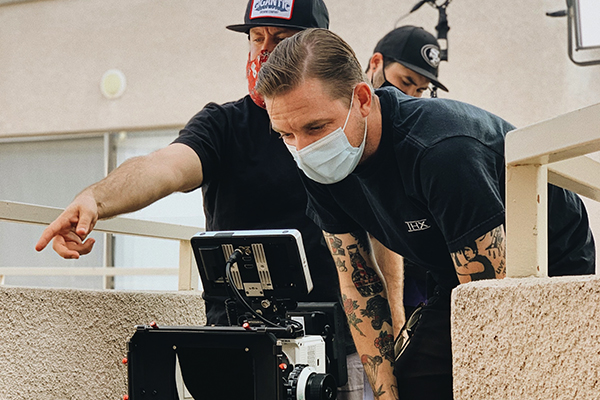
Some Production Coordinators start their careers as PAs, hence gaining basic experience working in a film set. A Production Coordinator need the following skills:
-
- Time management
- Team management
- Excellent communication and personal relations skills
- Efficiency working alone and as a part of a team
- Resistance, persistence, enthusiasm, motivation, proactive attitude Ability to stay calm and working under pressure
- Initiative, flexibility, adaptability, common sense and problem solving Solid admin and organisational skills
- Be able to prioritise and respond quickly to last minute changes
Professional development and future expectations
As noted before, one can access the world of production through different paths.
And once we make up our minds about becoming Production Coordinators we will be able to learn whilst performing our jobs.
Professional development
Production Coordinators get most of their training following other more experienced Production Coordinators or Heads of Production, attending courses and talks or studying a specialised Masters degree.
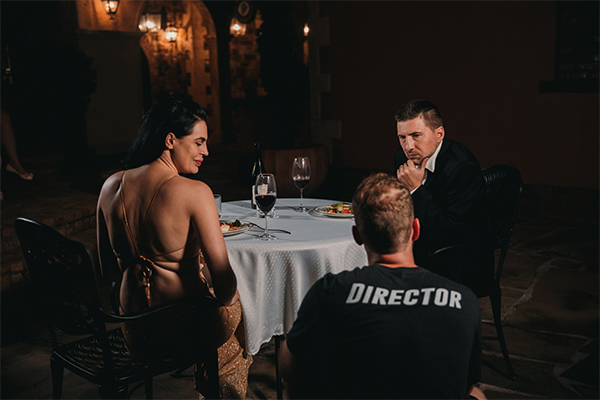
En algunas empresas, en particular las más grandes, las oportunidades de capacitación se ofrecen casi exclusivamente internamente.
Future expectations
It is likely that anyone wanting to become a Production Coordinator starts as a PA or trainee. The film industry is very competitive and one must be prepared to break through it.
There is not a determined path for professional development and as most Production Coordinators work on a freelance base makes this journey quite unpredictable.
The progress of an aspiring Production Coordinator will depend on his or her motivation, persistence and abilities working as part of a team.
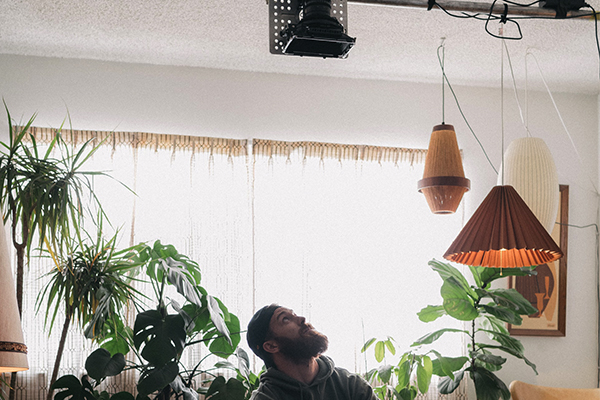
Success arrives often when identifying good job opportunities, using contacts, making positive impressions and basically being in the right place at the right moment.
You need to show that you are constantly developing more skills and that you have gained a lot of experience along the way.
You can advance to roles as a senior production coordinator or production manager, focusing more on financial management and budget management.
Ok, you got that clear. But what does entail to work as a production coordinator?
Being a Production Coordinator is not easy.
Work hours are unusual, often long and traveling is a part of the job.
Depending on the production, you will presumably have to work night shifts and weekends. And you will be the first arriving on the set and the last person to leave.
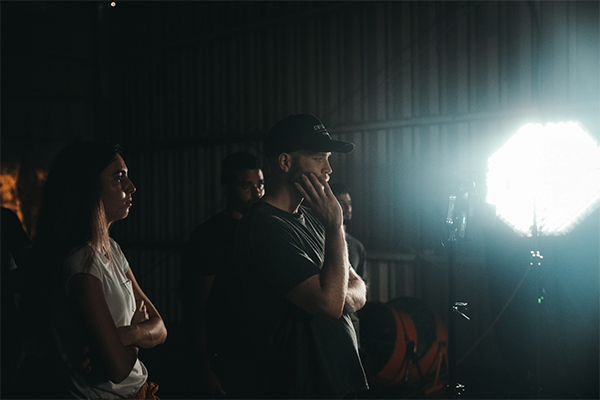
The job is demanding, unpredictable and generally contract-based, which has an impact in your lifestyle and definitely makes it difficult to make long term plans.
Shootings take place in a variety of environments, including exterior locations where you will need to cope with tough climate conditions.
There will be occasions in which all you will be able to do is wait.
Traveling is part of the job. You will have to spend periods of time away from home, sometimes longer, sometimes shorter, sometimes even abroad.

Travelling abroad is actually very common and Production Coordinators spend longer and shorter periods of time away.
And this is why we consider production coordination a vocational career.
Conclusions
You have made up your mind, you do your job well, you have all the abilities and skills listed above and you can face your day as a Production Coordinator. Well done!
This is a beautiful job that provides such a personal satisfaction that we can say it fulfills yourself.
Withall, we know it is not for everybody. It requires a high level of compromise not everyone is willing to sacrifice.
Having said so, please share this article with anyone you suspect is interested in this wonderful profession and let us know if they end up becoming Production Coordinators.
We hope you enjoyed this article, that you learned new things about this job and that you read it all until the last letter which is this one.


